|
Muhammad Arbab Arshad I am a Ph.D. candidate in Computer Science at Iowa State University, working as a Research Assistant at the AI Institute for Resilient Agriculture (AIIRA). Currently, I am a Graduate Software Engineering Intern at Intel, applying Computer Vision and Large Language Models to UI automation, graphics validation, and hardware enablement. My work interests lie at the intersection of Large Language Models, Computer Vision, and MLOps. |

|
🏆 Latest Highlights
|
Projects & PublicationsI focus on developing AI systems that have real-world impact. My projects aim to bridge the gap between cutting-edge research and practical applications in agriculture and beyond. |
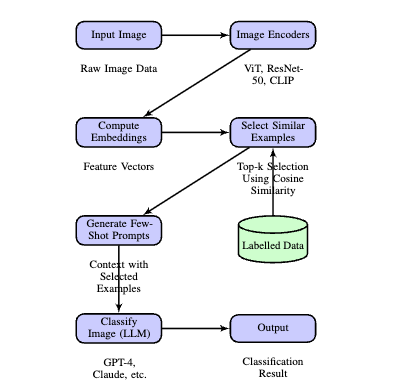
|
Assisted Few-Shot Learning for Vision-Language Models in Agriculture
Muhammad Arbab Arshad, Talukder Zaki Jubery, Asheesh K Singh, ARTI SINGH, Chinmay Hegde, Baskar Ganapathysubramanian, Aditya Balu, Adarsh Krishnamurthy, Soumik Sarkar NeurIPS Workshop on Adaptive Foundation Models, 2024 paper / poster
|

|
Leveraging Vision Language Models for Specialized Agricultural Tasks
Muhammad Arbab Arshad, Talukder Zaki Jubery, Tirtho Roy, Rim Nassiri, Asheesh K. Singh, Arti Singh, Chinmay Hegde, Baskar Ganapathysubramanian, Aditya Balu, Adarsh Krishnamurthy, Soumik Sarkar WACV, 2025 project page / paper / Video / poster
|
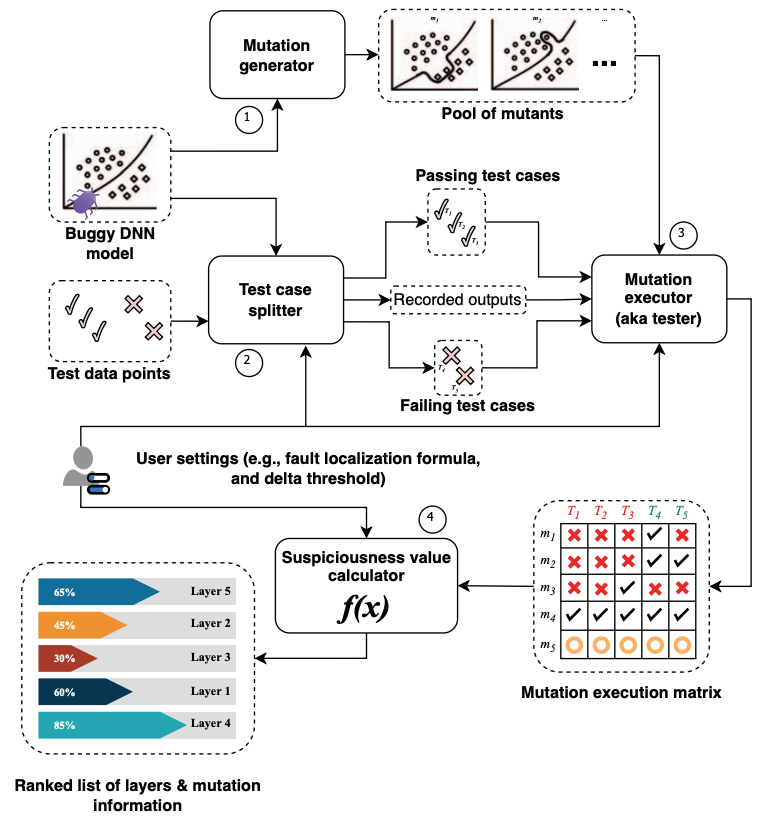
|
Mutation-based Fault Localization of Deep Neural Networks
Ali Ghanbari, Deepak-George Thomas, Muhammad Arbab Arshad, Hridesh Rajan 38th IEEE/ACM International Conference on Automated Software Engineering (ASE), 2023 (Distinguished Paper Award) paper
|
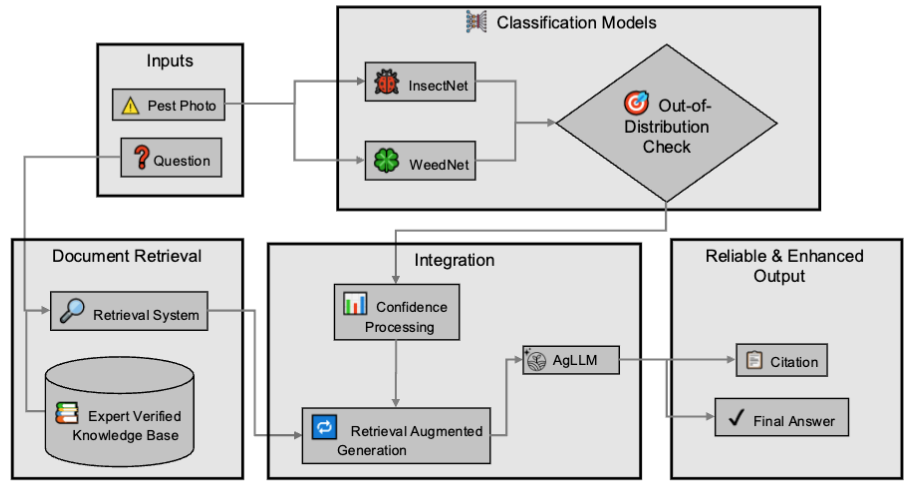
|
Agricultural Large Language Model (AgLLM)
Muhammad Arbab Arshad, et al. project page / poster Developed AgLLM, a system providing precise, regionally-appropriate agricultural recommendations for 90 pest species across North America, Africa, and India. Integrates deep learning vision models (InsectNet/WeedNet) with a species-specific, region-aware Retrieval Augmented Generation (RAG) pipeline using expert-verified data, significantly improving information relevance. Core recommendation engine in use at: Pest-ID |
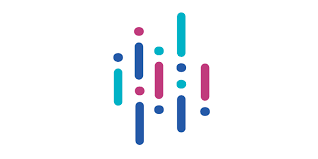
|
The Kingland Data Refinery Platform
Contribution via Summer Software Engineering Internship 2023 As an intern, contributed to this cloud-based data & analytics platform by:
|
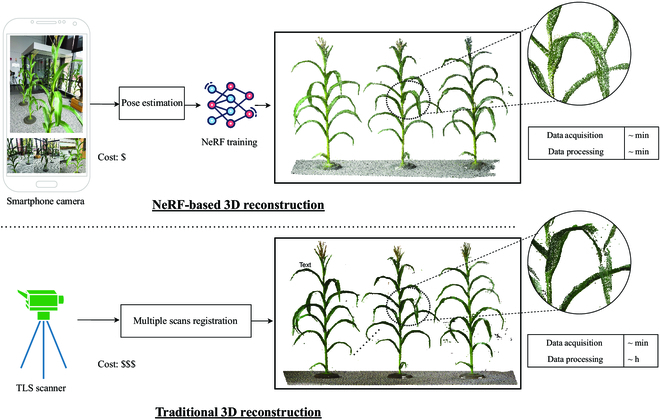
|
Evaluating Neural Radiance Fields for 3D Plant Geometry Reconstruction in Field Conditions
Muhammad Arbab Arshad, Talukder Jubery, James Afful, Anushrut Jignasu, Aditya Balu, Baskar Ganapathysubramanian, Soumik Sarkar, Adarsh Krishnamurthy Plant Phenomics, 2024 paper / poster
|
Experience |

|
Intel California, USA
Graduate Software Engineering Intern Feb 2025 - Present Applying Computer Vision and Large Language Models to UI automation, graphics validation, and hardware enablement. |
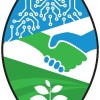
|
AI Institute for Resilient Agriculture (AIIRA), Iowa State University Iowa, USA
Ph.D. Candidate and Research Assistant Jan 2023 - Present Developing AI applications (LLMs, CV, NeRFs) for agricultural challenges as part of doctoral research. |

|
Kingland Systems Iowa, USA
Software Engineering Intern May 2023 - Aug 2023 Contributed to cloud deployment, CI/CD enhancement, and load testing for the Data Refinery Platform. |

|
Laboratory for Software Design, Iowa State University Iowa, USA
Research Assistant Jan 2022 - Aug 2022 Contributed to research on mutation-based fault localization for Deep Neural Networks (ASE '23 Distinguished Paper). |
|
Feel free to steal this website's source code. Do not scrape the HTML from this page itself, as it includes analytics tags that you do not want on your own website — use the github code instead. Also, consider using Leonid Keselman's Jekyll fork of this page. |